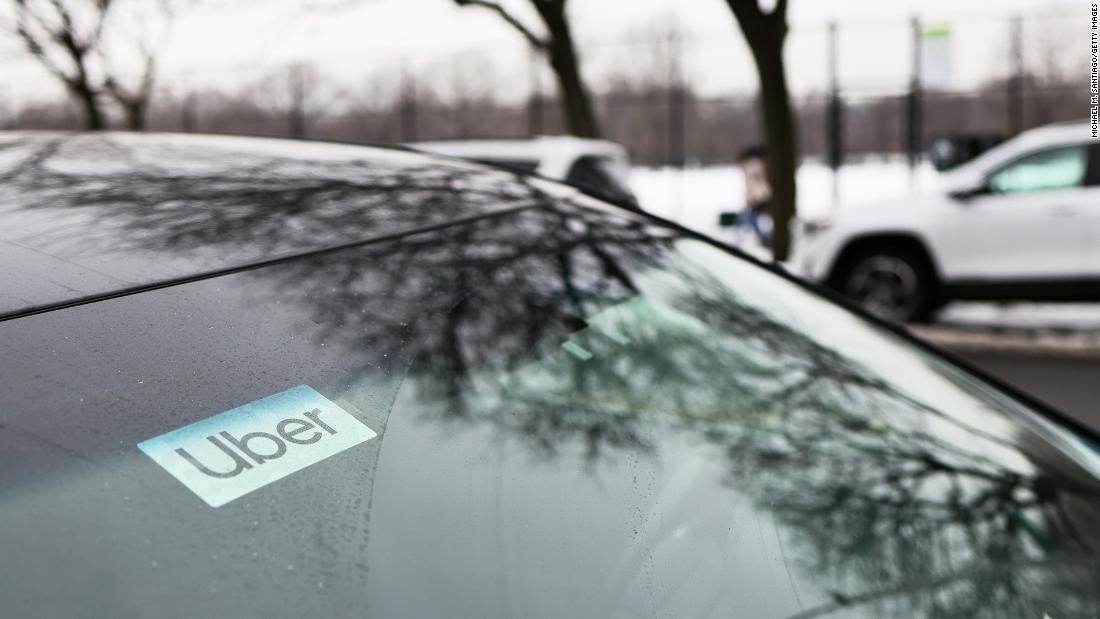
The company said the capability is intended to help both riders or drivers in situations that may not warrant calling the police or other emergency assistance. Instead, they’ll be connected to a live safety agent from ADT, the security services company, who can monitor their route for the trip’s duration.
“You may be feeling uncomfortable on a ride — and that’s different for every person,” Uber’s lead safety product manager, Rebecca Payne, told CNN Business, citing examples such as a rider traveling through a neighborhood they’re unfamiliar with, or a driver running out of gas or dealing with customers who don’t want to follow Uber’s policies.
“It’s able to give them a third-party that can help them mediate, or guide them through a situation like that,” said Payne, noting that the ADT agent can communicate with the rider or driver by text or phone, and can also contact 911 should the situation escalate. ADT has access to the trip information once a user opts to connect with an agent, including the vehicle license plate and GPS location.
Leah Page, vice president of emerging business and mobile security at ADT, told CNN Business that it has “thousands and thousands of US-based agents” to help respond to requests.
The update comes as part of a broader safety update announced Tuesday, including a redesigned “toolkit” to make it easier to find the various safety features, such as setting up “trusted contacts” to easily share trip information with friends or family. There’s also a “pin code” feature in which a passenger must verbally provide a four-digit pin code to the driver to verify they are taking the correct vehicle. Uber is also expanding its “text to 911” feature, making it now available in nearly 60% of the United States, Uber said, including in California and New York City.
Across the two safety reports it has since published, which cover 2017 to 2020, Uber disclosed that it received 9,805 reports of the most severe categories of sexual assault, which range from “non-consensual kissing of a non-sexual body part” to “non-consensual sexual penetration,” or rape. Uber, on its website, notes “as the numbers in both reports show, critical safety incidents on our platform are, statistically, extremely rare.”
Payne told CNN Business the company is “definitely excited about” the feature, which is not required, and noted that it has to carefully consider privacy laws concerning recordings and consent, which vary depending on the state. So far, Payne said that usage of the feature where available is “quite low … where people are only using it, maybe in the midst of a safety incident, and not recording the whole trip.”
“What we want to try and do is see if we can encourage more people to record their entire trip, just in case,” added Payne.
